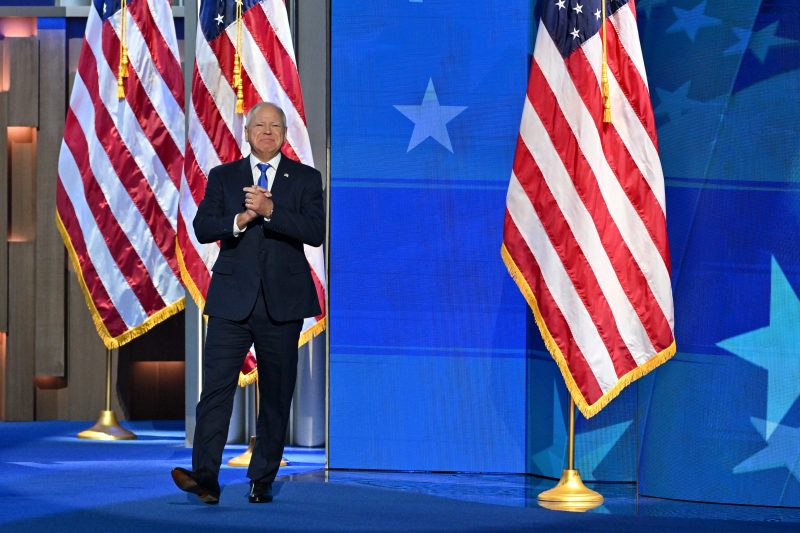In light of China’s growing power and influence on the global stage, political candidates worldwide have increasingly utilized this topic as a focal point for their campaign strategies. The rise of China as an economic superpower has not only altered the dynamics of global trade and geopolitics but has also prompted candidates to incorporate discussions on China into their political discourse.
One of the main reasons for the prominence of China in political campaigning is the perception of potential threats posed by its growth. As China expands its reach through initiatives such as the Belt and Road Initiative and investments in key industries across the globe, candidates often highlight concerns about the implications of China’s rising power on their own countries’ economic and national security interests. By framing China as a competitor in areas such as technology, trade, and military capabilities, candidates aim to appeal to voters who are wary of China’s increasing influence.
Moreover, candidates may also use China as a way to showcase their foreign policy credentials and demonstrate their ability to navigate complex international relationships. By presenting themselves as strong and capable leaders in dealing with China, candidates seek to position themselves as the most suitable choice to handle foreign policy challenges and protect their countries’ interests in the face of growing Chinese influence.
In addition to highlighting the potential threats posed by China, candidates may also emphasize the opportunities that exist in engaging with the country. With China’s market size and economic growth presenting significant business prospects, candidates may advocate for closer economic ties with China to boost trade and investment opportunities for their country. By promoting cooperation with China on issues such as climate change and global health, candidates can also appeal to voters who value international collaboration and diplomacy.
Furthermore, the topic of China can also serve as a way for candidates to differentiate themselves from their opponents and appeal to different voter demographics. Candidates may adopt varying stances on how to address China’s rise, ranging from a more confrontational approach to a more cooperative one, depending on their political ideologies and the preferences of their voter base. By articulating clear policy positions on China, candidates can demonstrate their leadership qualities and vision for navigating the complexities of international relations.
In conclusion, as China’s power continues to grow, political candidates around the world have strategically incorporated discussions on China into their campaign messaging. Whether as a source of concern over potential threats or as an opportunity for economic collaboration, China has become a significant topic in political discourse. By leveraging the complexities of China’s rise, candidates aim to position themselves as capable leaders who can effectively address the challenges and opportunities presented by China’s evolving global influence.
